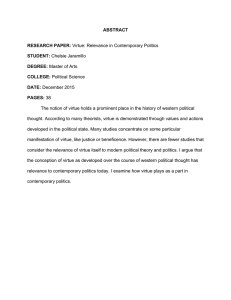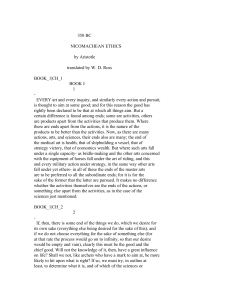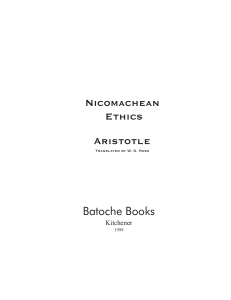LSTHEORIES OF DEVELOPMENT (Student Version).doc
advertisement
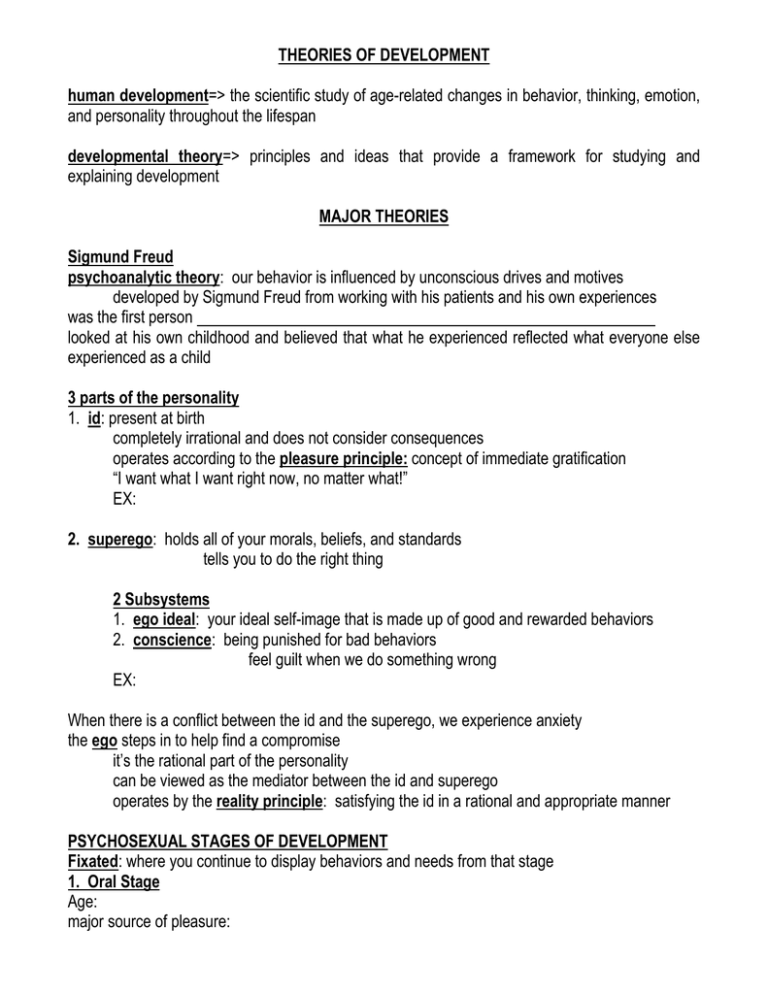
THEORIES OF DEVELOPMENT human development=> the scientific study of age-related changes in behavior, thinking, emotion, and personality throughout the lifespan developmental theory=> principles and ideas that provide a framework for studying and explaining development MAJOR THEORIES Sigmund Freud psychoanalytic theory: our behavior is influenced by unconscious drives and motives developed by Sigmund Freud from working with his patients and his own experiences was the first person looked at his own childhood and believed that what he experienced reflected what everyone else experienced as a child 3 parts of the personality 1. id: present at birth completely irrational and does not consider consequences operates according to the pleasure principle: concept of immediate gratification “I want what I want right now, no matter what!” EX: 2. superego: holds all of your morals, beliefs, and standards tells you to do the right thing 2 Subsystems 1. ego ideal: your ideal self-image that is made up of good and rewarded behaviors 2. conscience: being punished for bad behaviors feel guilt when we do something wrong EX: When there is a conflict between the id and the superego, we experience anxiety the ego steps in to help find a compromise it’s the rational part of the personality can be viewed as the mediator between the id and superego operates by the reality principle: satisfying the id in a rational and appropriate manner PSYCHOSEXUAL STAGES OF DEVELOPMENT Fixated: where you continue to display behaviors and needs from that stage 1. Oral Stage Age: major source of pleasure: 2. Anal Stage Age: major source of pleasure: 3. Phallic Stage Age: major source of pleasure: during this stage, boys experience a conflict called the Oedipus complex, girls the Electra complex the child unconsciously is sexually attracted to the opposite sex parent and unconsciously hates the same sex parent castration anxiety: fear of father punishing him by cutting off his penis girls at first want to be with their mothers when they discover the genitals of the opposite sex, they don’t want to be with mom but with dad then they experience the Electra complex penis envy: feel they are inferior to a man’s genitals, which they view as superior, and blame mom for her inadequate penis (clitoris) boys and girls resolve the conflict by eventually identifying with the same sex parent 4. Latency Stage Age: sexual urges are repressed during this stage focus 5. Genital Stage Age: major source of pleasure: felt that have to consider Erik Erikson PSYCHOSOCIAL STAGES OF DEVELOPMENT 1. Trust vs. Mistrust: Age: Goal/virtue: Positive outcome: consistent and warm caregiving leads to a sense of predictability and trust from environment Negative outcome: physical and psych’l neglect leads to fear, anxiety, and mistrust of environment 2. Autonomy vs. Doubt: Age: Goal/virtue: Positive outcome: independence and self-sufficiency, positive self-esteem Negative: overly restrictive caregiving leads to self-doubt in their abilities and low selfesteem 3. Initiative vs. Guilt: Age: Goal/virtue: Positive: initiate activities, sense of social responsibility concerning the rights of others, selfconfidence Negative: overly controlled parenting stifles spontaneity, sense of purpose, and social learning; guilt and fear of punishment 4. Industry vs. Inferiority: Age: Goal/virtue: Positive: sense of pride from experience with others and competence in schoolwork, home, and social activities Negative: negative experiences leads to feelings of inferiority and inadequacy 5. Identity vs. Identity Confusion: Age: Goal/virtue: Positive: experiment with different roles and develops self-definition; commitments to future adult roles Negative: if experience pressures or demands from others, may feel confused about identity and role in society 6. Intimacy vs. Isolation: Age: Goal/virtue: Positive: establish lasting and meaningful relationships, sense of connectedness and intimacy with others Negative: b/c of fear of rejection or excessive self-preoccupation, unable to form close, meaningful relationships, becomes psychologically isolated 7. Generativity vs. Stagnation: Age: Goal/virtue: Positive: thru child rearing, caring for others, productive work, and community involvement, expresses unselfish concern for welfare of next generation Negative: self-indulgence, self-absorption, and preoccupation with own needs leads to sense of stagnation, boredom, and lack of meaningful accomplishments 8. Ego Integrity vs. Despair: Age: Goal/virtue: Positive: reviews life and experiences strong sense of self-acceptance and meaningfulness in accomplishments Negative: reviews life and experiences regret, dissatisfaction, and disappointment about life and accomplishments Theory focuses on the Jean Piaget Piaget was concerned more with how people think, esp. children, instead of what they know How you think tells more about your mental ability 4 Stages of Cognitive Development 1. Sensorimotor: Age: Uses Main gain during this stage is object permanence: the understanding that an object still exists even if not seen Usually not done until 2. Preoperational: Age: Uses symbolic thinking to understand the world In the form of words, symbols, pictures, mental images and mainly because of language development 3. Concrete Operational: Age: Begin to think more Know the difference between Can reverse mental operations and can concentrate on 2 aspects of a situation However, their thinking is limited to 4. Formal Operational: Age: Think more Thinking tends to be more analytical Can think of other aspects of a situation (like pros and cons)


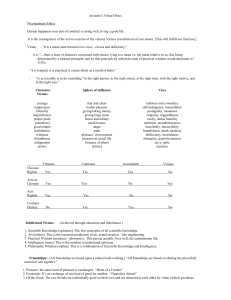
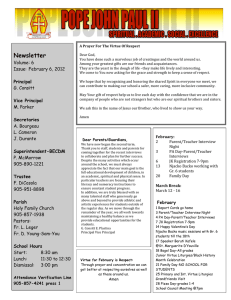

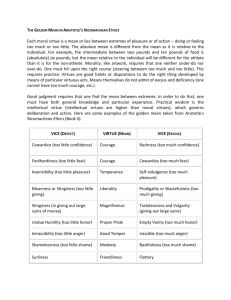
![Erikson's Stages of Psychosocial Development [PPT]](http://s3.studylib.net/store/data/009751159_1-0172a620c7b464562e5ad910610924d1-300x300.png)
